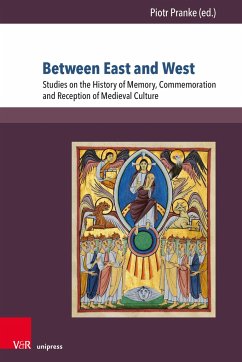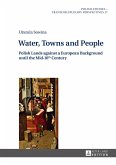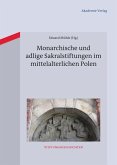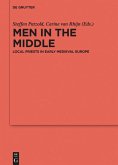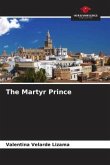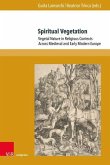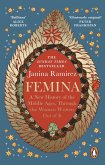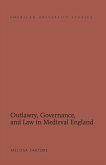The memory of the living and the dead was part of the functioning of monastic and secular communities, dynasties and aristocratic families. The relationship of debitores and fundatores is key to understanding the "mentality" of the era of the formation of Imperium Christianum. The donations made "pro remedio animae nostre et genitoris nostris" indicate the memorial function of transferring the prayer duties of the power elites (or whole groups and communities) to the clergy and illustrate the belief of medieval people in the importance of intercessory prayer. This volume is a memoir of the Piasts and Boleslaw the Brave on the 1000th anniversary of his coronation. It symbolically closes the study of the millennium of the baptism of Poland (966-1966) and opens the study of the early Middle Ages in Poland and Central Europe.
Bitte wählen Sie Ihr Anliegen aus.
Rechnungen
Retourenschein anfordern
Bestellstatus
Storno

